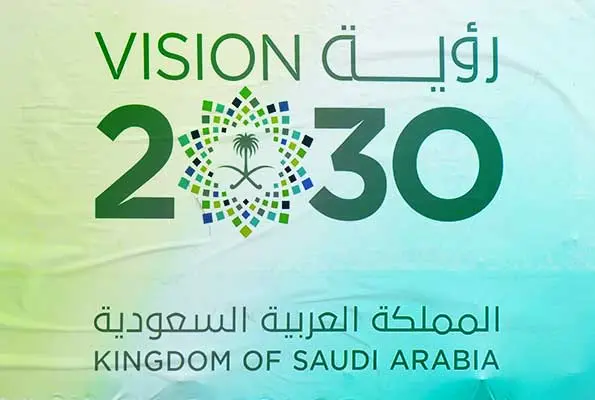In January 2021, Mohammed Bin Salman, the Crown Prince of Saudi Arabia, unveiled the Line. Touted as a futuristic metropolis with glass walls, it was the centrepiece of Crown Prince Mohammed bin Salman’s ambitious economic strategy to wean Saudi Arabia off of its reliance on oil.
Plans for the mirror-clad desert city known as the Line, originally intended to span 105 miles (170 km), have now been trimmed back, and it is now anticipated that the project will only reach a mile and a half by the year 2030.
Originally envisioned as a linear city covering just 13 square miles and housing approximately 9 million people, the Line is a component of the larger Neom project. At least one contractor has started firing employees as of late, as per the reports.
Analysts predict that Saudi Arabia will keep reducing its “Vision 2030” obligations to protect the country’s economy, in light of the recent revelations about the Kingdom’s intention to reduce its short-term goals for the Neom gigaproject.
Bloomberg reported on April 5 that the Saudi government had lowered its medium-term goals for the USD 1.5 trillion desert green megacity project, of which The Line is the most important subproject, citing sources familiar with the plans. The original concept for The Line called for 1.5 million residents, but it later lowered that number to roughly 300,000.
The government has recently lowered the length of the ambitious proposal to merely 2.4 kilometres (1.49 miles) to create The Series, an ambitious series of parallel skyscrapers that would have been 500 metres (546 yards) tall, mirrored, and 170 kilometres long (105 miles).
The initiative is a component of Saudi Crown Prince Mohammed bin Salman’s Vision 2030 programme, which aims to increase investments in artificial intelligence, digitisation, clean energy, and entertainment to diversify the country’s economy and move away from a dependency on oil by the end of the decade.
Located in a desert near the Red Sea, Saudi Arabia has been building the megacity since 2017. The country is looking for additional funding after pledging at least USD 500 billion to make it materialise.
A Missed Opportunity?
According to Bloomberg, which cited a document, the recent retreat has caused at least one contractor to begin firing employees working on the project. After the Public Investment Fund’s financial reserves dropped to USD 15 billion in September 2023, the Saudi government recently revealed plans to scale back its Neom plans. The city was originally projected to be 33 times larger than New York and to cost USD 1.5 trillion. It was positioned as an innovative approach to urban design, where the city would have been a car-free one, apart from being connected by one of the quickest trains in the world.
However, there were tidings of the administration’s shifting intentions for the project, added to financial excesses, and a constantly shifting list of important personnel. A few individuals who had contributed to the project described it as “untethered from reality.”
The Line’s reduction coincides with the fact that Saudi Arabia’s sovereign wealth fund has not yet authorised the Neom budget for 2024 as a whole due to diminishing cash reserves.
From the mouth of the Gulf of Aqaba, where it enters the Red Sea, promotional presentations suggested something out of a science fiction novel going inland into Tabuk province.
The linear city, which was only a few hundred metres wide, was marketed as the future of accessible urban planning, with facilities for citizens conveniently located for short walks from housing and districts connected by the fastest train in the world. In almost mystical language, promotional materials portrayed the Line as a “cognitive city” and a “civilisation revolution” where artificial intelligence will supply luxuries.



